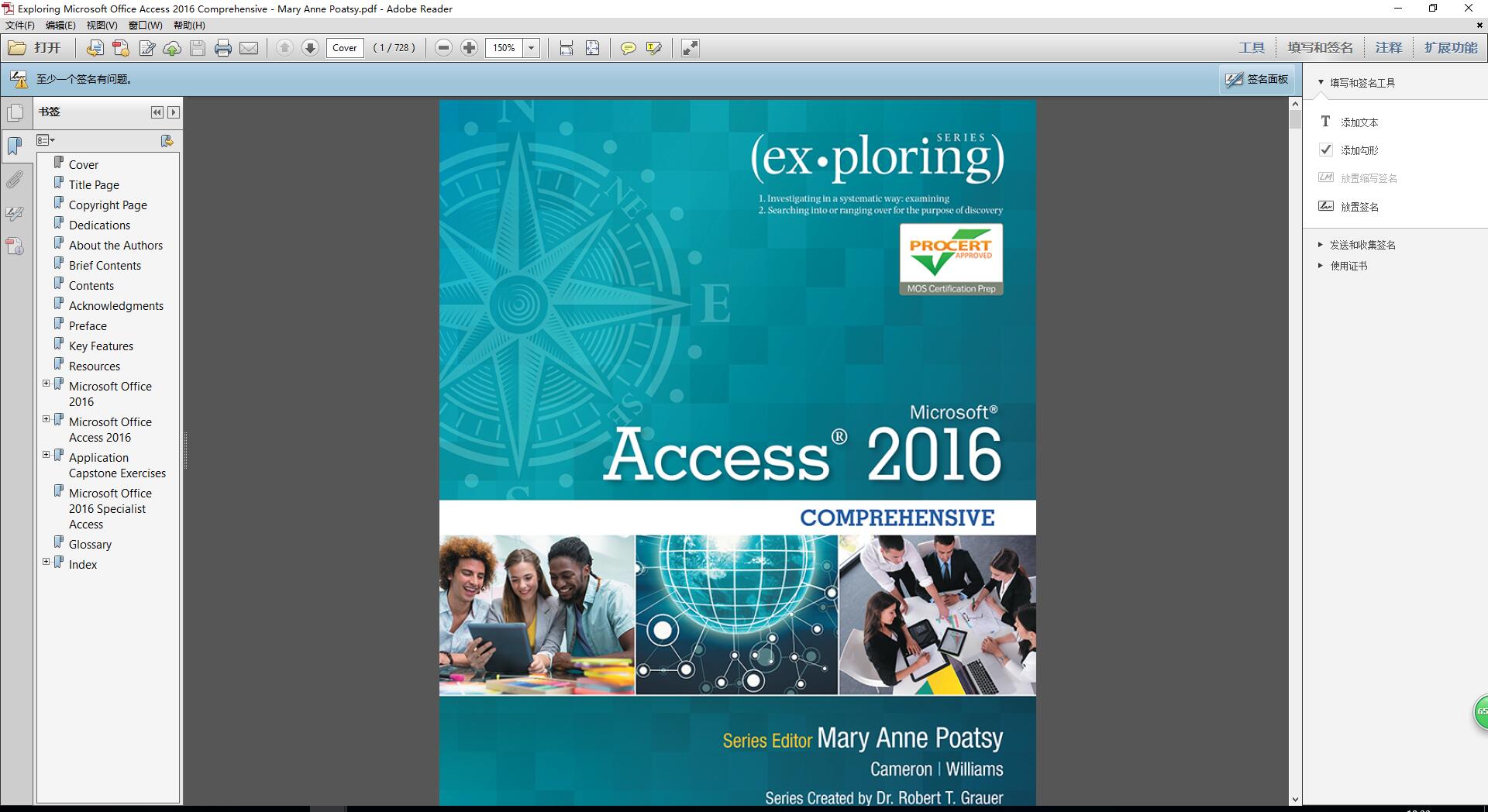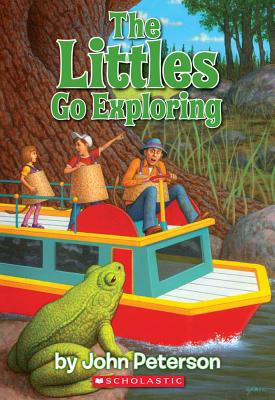Exploring the Comprehensive Peter F. Hamilton Bibliography: A Deep Dive into the Works of a Science Fiction Master
#### IntroductionPeter F. Hamilton is a renowned name in the realm of science fiction, celebrated for his intricate world-building and compelling narratives……
#### Introduction
Peter F. Hamilton is a renowned name in the realm of science fiction, celebrated for his intricate world-building and compelling narratives. His bibliography is a treasure trove for any reader fascinated by futuristic concepts, interstellar adventures, and complex characters. This article aims to provide an in-depth look at the Peter F. Hamilton Bibliography, highlighting his major works, thematic elements, and the impact he has had on the genre.
#### Overview of Peter F. Hamilton's Works
Peter F. Hamilton's bibliography spans several decades and includes multiple series and standalone novels. His most famous works include the "Night's Dawn Trilogy," "The Commonwealth Saga," and "The Void Trilogy." Each of these series showcases his ability to weave together multiple storylines and develop a rich tapestry of characters and settings.
1. **Night's Dawn Trilogy**: This trilogy, which includes "The Reality Dysfunction," "The Neutronium Alchemist," and "The Naked God," is often regarded as a cornerstone of modern science fiction. It explores themes of life, death, and the nature of consciousness, set against a backdrop of a far-future universe where humanity has expanded across the stars.

2. **The Commonwealth Saga**: Comprising "Pandora's Star" and "Judas Unchained," this series delves into the implications of advanced technology and the ethical dilemmas that arise from it. The narrative follows the discovery of an alien race and the subsequent consequences of humanity's interactions with them.
3. **The Void Trilogy**: This series, which includes "The Dreaming Void," "The Temporal Void," and "The Evolutionary Void," takes readers on a journey through a mysterious void that exists outside of known space. It examines existential questions and the nature of reality, further showcasing Hamilton's philosophical approach to storytelling.
#### Themes and Styles in Peter F. Hamilton's Writing
Hamilton's writing is characterized by its grand scale and complexity. He often employs a multi-threaded narrative style, where various characters' arcs intersect in unexpected ways. The themes of his works frequently revolve around technology's impact on society, the nature of consciousness, and the ethical dilemmas posed by scientific advancements.

His ability to create believable and relatable characters is another hallmark of his writing. Each character is intricately developed, with their motivations and backgrounds explored in depth. This focus on character development allows readers to become emotionally invested in the story, making the often grandiose settings feel personal and engaging.
#### The Impact of Peter F. Hamilton on Science Fiction
Hamilton's influence on the science fiction genre cannot be overstated. He has inspired a new generation of writers to explore complex themes and to think critically about the future of humanity. His works have garnered a dedicated fanbase, leading to adaptations and discussions that continue to this day.
Moreover, Hamilton's unique blend of hard science fiction with elements of fantasy has opened new avenues for storytelling within the genre. His ability to seamlessly integrate scientific concepts with imaginative storytelling has set a benchmark for aspiring authors.

#### Conclusion
In conclusion, the Peter F. Hamilton Bibliography is a testament to his prowess as a science fiction writer. His works challenge readers to think deeply about the future, the nature of existence, and the moral implications of technological advancements. For anyone looking to dive into the expansive universe of Hamilton's imagination, exploring his bibliography is the perfect starting point. Whether you're a seasoned science fiction enthusiast or a newcomer to the genre, Hamilton's books promise an exhilarating journey through the cosmos and the human experience.